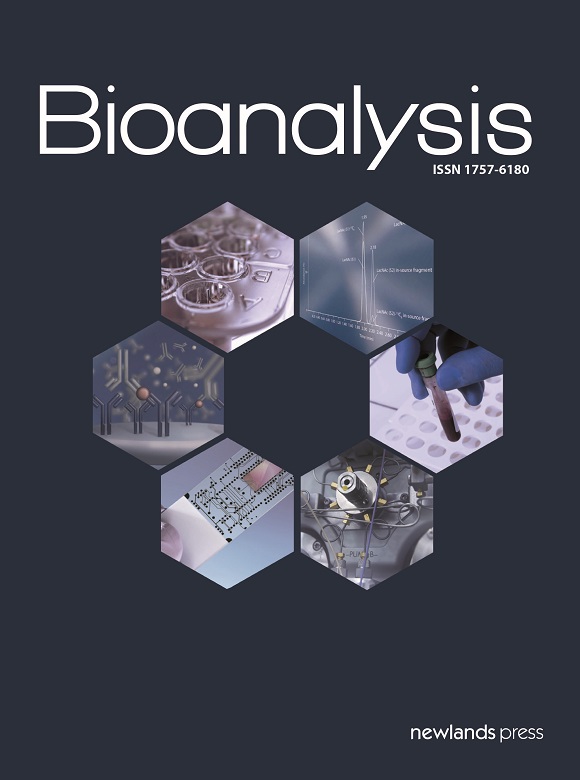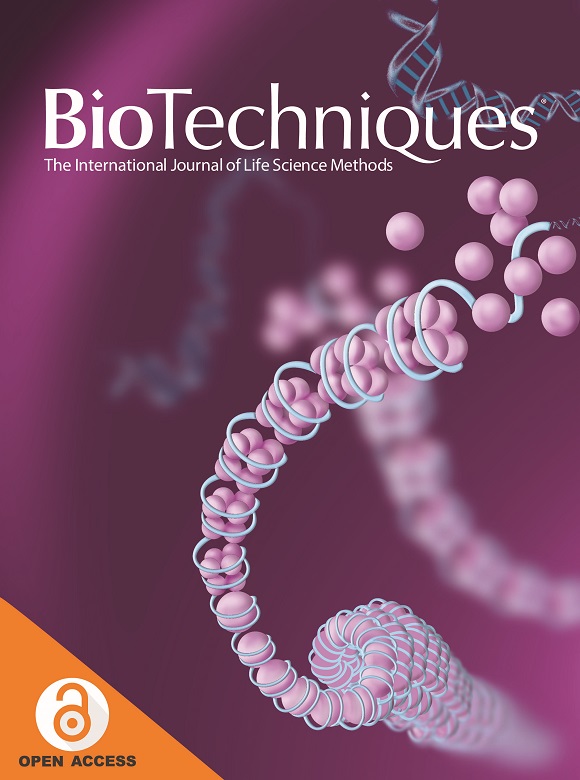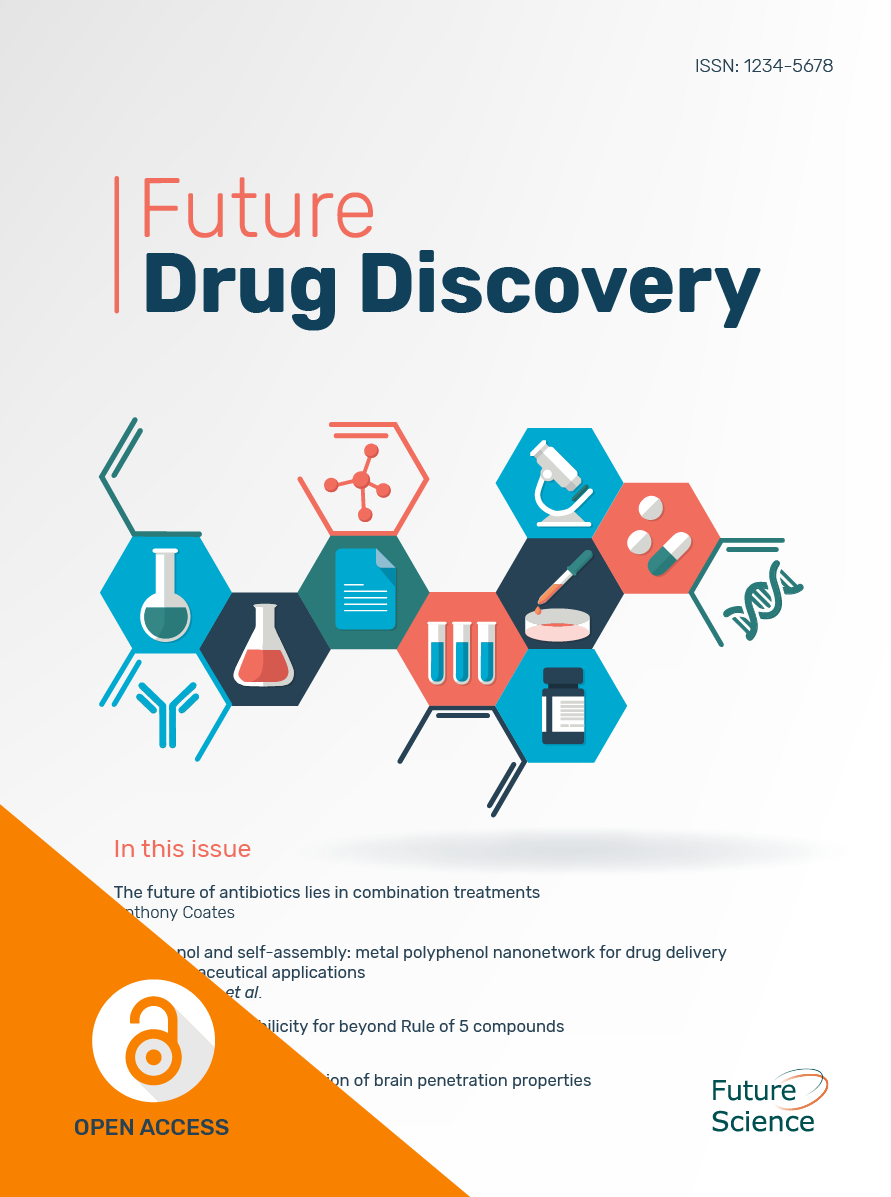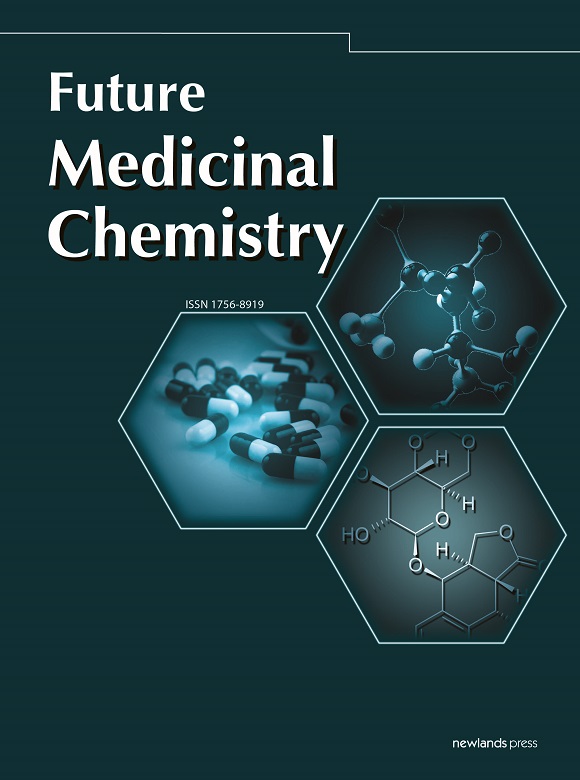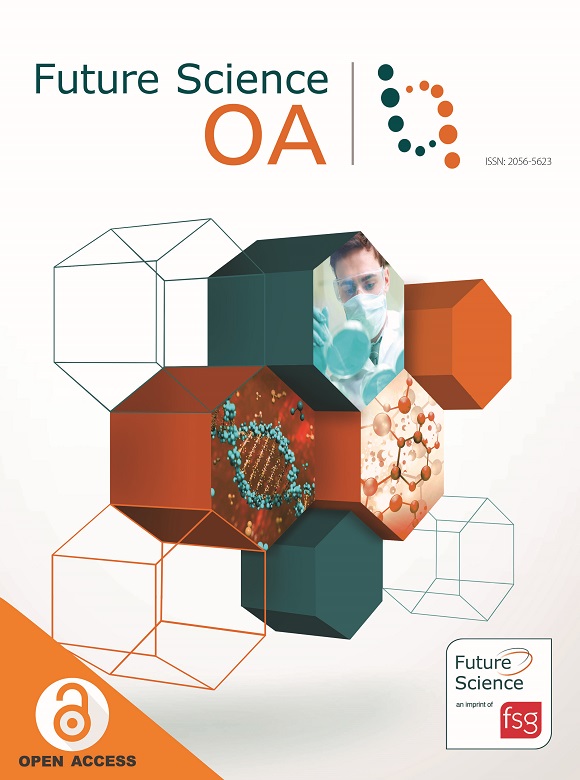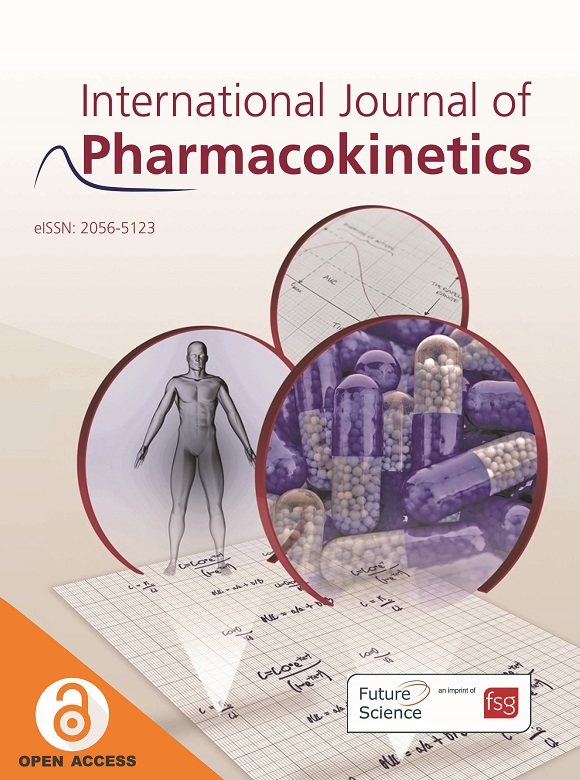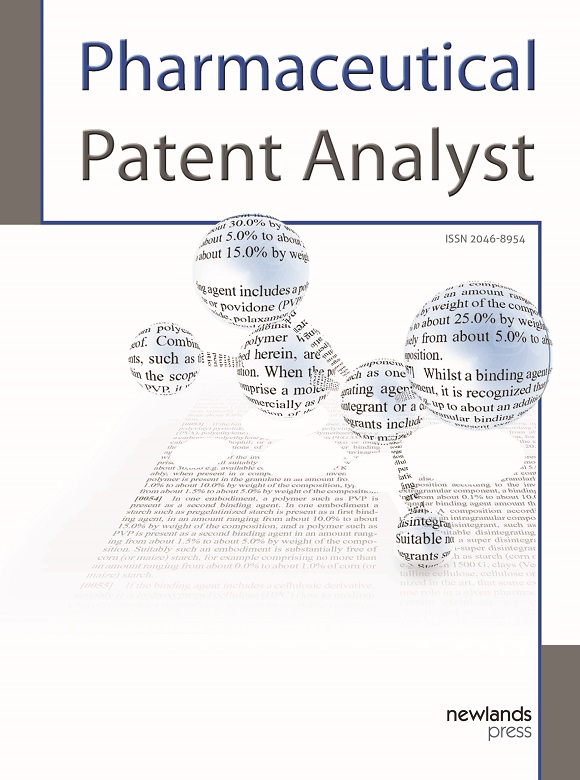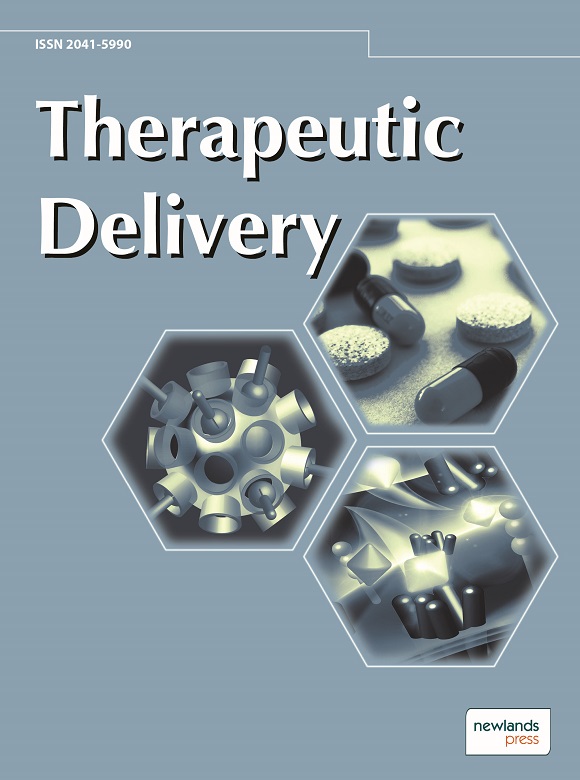Abstract
The number of gene therapy (GTx) modality therapies in development has grown significantly in the last few years. Adeno-associated virus (AAV)-based delivery approach has become most prevalent among other virus-based GTx vectors. Several regulatory guidelines provide the industry with general considerations related to AAV GTx development including discussion and recommendations related to highly diverse bioanalytical support of the AAV-based therapeutics. This includes assessment of pre- and post-treatment immunity, evaluation of post-treatment viral shedding and infectivity, as well as detection of transgene protein expression. An overview of the current regulatory recommendations as found in currently active and published draft US FDA and EMA guidance or guideline documents is presented herein.
Papers of special note have been highlighted as: •• of considerable interest
References
- 1. . Cardiac gene therapy: are we there yet? Gene Ther. 23(8–9), 635–648 (2016).
- 2. . Gene therapy models of Alzheimer's disease and other dementias. Methods Mol. Biol. 1382, 339–366 (2016).
- 3. . Gene therapy for Parkinson's disease, an update. J. Parkinson's Dis. 8(2), 195–215 (2018).
- 4. . Progress and problems with the use of viral vectors for gene therapy. Nat. Rev. Genet. 4(5), 346–358 (2003).
- 5. . Effect of genome size on AAV vector packaging. Mol. Ther. 18(1), 80–86 (2010).
- 6. Adeno-associated viruses undergo substantial evolution in primates during natural infections. Proc. Natl Acad. Sci. USA 100(10), 6081–6086 (2003).
- 7. . Viral vectors for gene therapy: translational and clinical outlook. Ann. Rev. Biomed. Eng. 17, 63–89 (2015).
- 8. Strimvelis, autologous CD34+ enriched cell fraction that contains CD34+ cells transduced with retroviral vector that encodes for the human ADA cDNA sequence. www.ema.europa.eu/en/medicines/human/EPAR/strimvelis
- 9. LUXTURNA, Voretigene Neparvovec-rzyl. Spark Therapeutics, Inc. www.fda.gov/vaccines-blood-biologics/cellular-gene-therapy-products/luxturna
- 10. Preclinical assessment of investigational cellular and gene therapy products. www.fda.gov/regulatory-information/search-fda-guidance-documents/preclinical-assessment-investigational-cellular-and-gene-therapy-products
- 11. Guideline on follow-up of patients administered with gene therapy medicinal products. www.ema.europa.eu/en/documents/scientific-guideline/guideline-follow-patients-administered-gene-therapy-medicinal-products_en.pdf
- 12. Considerations for the design of early-phase clinical trials of cellular and gene therapy products. www.fda.gov/regulatory-information/search-fda-guidance-documents/considerations-design-early-phase-clinical-trials-cellular-and-gene-therapy-products
- 13. Reflection paper on quality, non-clinical and clinical issues related to the development of recombinant adenoassociated viral vectors. www.ema.europa.eu/en/documents/scientific-guideline/reflection-paper-quality-non-clinical-clinical-issues-related-development-recombinant-adeno_en.pdf
- 14. Gene therapy clinical trials – observing subjects for delayed adverse events. www.fda.gov/regulatory-information/search-fda-guidance-documents/gene-therapy-clinical-trials-observing-subjects-delayed-adverse-events •• Provides a framework to analyze the risk of gene therapy treatments, study design considerations and overview of the long-term observation required of gene therapy patients to ensure no adverse events related to the therapy occur.
- 15. Guideline on the quality, non-clinical and clinical aspects of gene therapy medicinal products. www.ema.europa.eu/en/documents/scientific-guideline/guideline-quality-non-clinical-clinical-aspects-gene-therapy-medicinal-products_en.pdf
- 16. Human gene therapy for retinal disorders. www.fda.gov/regulatory-information/search-fda-guidance-documents/human-gene-therapy-retinal-disorders
- 17. Human gene therapy for hemophilia. Draft guidance for industry (2019). www.fda.gov/regulatory-information/search-fda-guidance-documents/human-gene-therapy-hemophilia
- 18. Human gene therapy for rare diseases. Draft. www.fda.gov/regulatory-information/search-fda-guidance-documents/human-gene-therapy-rare-diseases
- 19. . Worldwide epidemiology of neutralizing antibodies to adeno-associated viruses. J. Infect. Dis 199(3), 381–390 (2009).
- 20. . Pre-existing anti-adeno-associated virus antibodies as a challenge in AAV gene therapy. Human Gene Ther. Methods 24(2), 59–67 (2013).
- 21. Strategy to detect pre-existing immunity to AAV gene therapy. Gene Ther. 24(12), 768–778 (2017).
- 22. Diverse IgG subclass responses to adeno-associated virus infection and vector administration. J. Med. Virol. 81(1), 65–74 (2009).
- 23. Influence of pre-existing anti-capsid neutralizing and binding antibodies on AAV vector transduction. Mol. Ther. Methods Clin. Dev. 9, 119–129 (2018).
- 24. . Humoral immune response to AAV. Front. Immunol. 4, 341 (2013). •• Presents an important overview of the naturally occurring anti-adeno-associated virus (AAV) antibody immunity and potential impact on clinical development of AAV vector-based treatment. Methods of detection are also reviewed.
- 25. Prevalence of AAV1 neutralizing antibodies and consequences for a clinical trial of gene transfer for advanced heart failure. Gene Ther. 23(3), 313–319 (2016).
- 26. Adeno-associated virus antibody profiles in newborns, children, and adolescents. Clin. Vaccine Immunol. 18(9), 1586–1588 (2011).
- 27. Impact of pre-existing immunity on gene transfer to nonhuman primate liver with adeno-associated virus 8 vectors. Hum. Gene Ther. 22(11), 1389–1401 (2011).
- 28. ICH considerations. Oncolytic viruses. www.ema.europa.eu/en/documents/scientific-guideline/international-conference-harmonisation-technical-requirements-registration-pharmaceuticals-human-use_en-22.pdf
- 29. Oncolytic viruses. www.ich.org/fileadmin/Public_Web_Site/ICH_Products/Consideration_documents/GTDG_Considerations_Documents/ICH_Considerations_Oncolytic_Viruses_rev_Sep_17_09.pdf
- 30. Comparison of the ability of adeno-associated viral vectors pseudotyped with serotype 2, 5, and 8 capsid proteins to mediate efficient transduction of the liver in murine and nonhuman primate models. Mol. Ther. 11(6), 875–888 (2005).
- 31. Biology of AAV serotype vectors in liver-directed gene transfer to nonhuman primates. Mol. Ther. 13(1), 77–87 (2006).
- 32. Preexisting neutralizing antibodies to adeno-associated virus capsids in large animals other than monkeys may confound in vivo gene therapy studies. Hum. Gene Ther. Methods 26(3), 103–105 (2015).
- 33. Successful transduction of liver in hemophilia by AAV-Factor IX and limitations imposed by the host immune response. Nat. Med. 12(3), 342–347 (2006).
- 34. . Overcoming the host immune response to adeno-associated virus gene delivery vectors: the race between clearance, tolerance, neutralization, and escape. Ann. Rev. Virol. 4(1), 511–534 (2017). •• Discusses the challenge of immune responses against components of AAV vector based gene therapies and potential solutions to the issue.
- 35. CD8+ T-cell responses to adeno-associated virus capsid in humans. Nat. Med. 13(4), 419–422 (2007).
- 36. . Innate immune responses to AAV vectors. Front. Microbiol. 2, 194 (2011).
- 37. CRIM-negative infantile Pompe disease: characterization of immune responses in patients treated with ERT monotherapy. Genet. Med. 17(11), 912–918 (2015).
- 38. . Immune responses to AAV vectors: overcoming barriers to successful gene therapy. Blood 122(1), 23–36 (2013).
- 39. . Emerging issues in AAV-mediated in vivo gene therapy. Mol. Ther. 8, 87–104 (2018). •• Provides a critical overview of AAV-based gene therapy and challenges facing AAV GTx including DNA integration related questions.
- 40. Induction of immune tolerance to coagulation factor IX antigen by in vivo hepatic gene transfer. J. Clin. Invest. 111(9), 1347–1356 (2003).
- 41. Biodistribution and safety profile of recombinant adeno-associated virus serotype 6 vectors following intravenous delivery. J. Virol. 82(15), 7711–7715 (2008).
- 42. LUXTURNA package insert. www.fda.gov/media/109906/download
- 43. Efficacy and safety of voretigene neparvovec (AAV2-hRPE65v2) in patients with RPE65-mediated inherited retinal dystrophy: a randomised, controlled, open-label, Phase III trial. Lancet 390(10097), 849–860 (2017).
- 44. In vitro companion diagnostic devices. www.fda.gov/regulatory-information/search-fda-guidance-documents/vitro-companion-diagnostic-devices
- 45. Immunogenicity testing of therapeutic protein products – developing and validating assays for anti-drug antibody detection. Guidance for Industry. www.fda.gov/media/119788/download
- 46. Recommendations for the validation of immunoassays used for detection of host antibodies against biotechnology products. J. Pharm. Biomed. Anal. 48(5), 1267–1281 (2008).
- 47. Recommendations on risk-based strategies for detection and characterization of antibodies against biotechnology products. J. Immunol. Methods 333(1-2), 1–9 (2008).
- 48. Guideline on immunogenicity assessment of therapeutic proteins. www.ema.europa.eu/en/documents/scientific-guideline/guideline-immunogenicity-assessment-therapeutic-proteins-revision-1_en.pdf
- 49. Report on the AAPS Immunogenicity Guidance Forum. 21(4), 55 (2019).
- 50. . The TLR9-MyD88 pathway is critical for adaptive immune responses to adeno-associated virus gene therapy vectors in mice. J. Clin. Invest. 119(8), 2388–2398 (2009).
- 51. Toll-like receptor 2-mediated innate immune response in human nonparenchymal liver cells toward adeno-associated viral vectors. Hepatology 55(1), 287–297 (2012).
- 52. . Immunity to adeno-associated virus vectors in animals and humans: a continued challenge. Gene Ther. 15(11), 808–816 (2008).
- 53. Results and harmonization guidelines from two large-scale international Elispot proficiency panels conducted by the Cancer Vaccine Consortium (CVC/SVI). Cancer Immunol. Immunother. 57(3), 303–315 (2008).
- 54. . Guidelines for the automated evaluation of Elispot assays. Nat. Protocols 10(7), 1098–1115 (2015).
- 55. . Flow-cytometric analysis of rare antigen-specific T cells. Cytometry A 83(8), 692–701 (2013).
- 56. Antigen-reactive T cell enrichment for direct, high-resolution analysis of the human naive and memory Th cell repertoire. J. Immunol. 190(8), 3967–3976 (2013).
- 57. Design and analysis of shedding studies for virus or bacteria-based gene therapy and oncolytic products. Guidance for industry. www.fda.gov/regulatory-information/search-fda-guidance-documents/design-and-analysis-shedding-studies-virus-or-bacteria-based-gene-therapy-and-oncolytic-products •• Provides specific guidance for the development, performance and analysis of vector shedding as a component of gene therapy experiments and trials.
- 58. ICH considerations. General principles to address virus and vector shedding. www.ema.europa.eu/en/documents/scientific-guideline/international-conference-harmonisation-technical-requirements-registration-pharmaceuticals-human-use_en-10.pdf
- 59. . Stability and compatibility of recombinant adeno-associated virus under conditions commonly encountered in human gene therapy trials. Hum. Gene Ther. Methods 26(2), 71–76 (2015).
- 60. Recombinant AAV integration is not associated with hepatic genotoxicity in nonhuman primates and patients. Mol. Ther. 24(6), 1100–1105 (2016).
- 61. . Recombinant adeno-associated viral integration and genotoxicity: insights from animal models. Hum. Gene Ther. 28(4), 314–322 (2017).
- 62. No evidence for tumorigenesis of AAV vectors in a large-scale study in mice. Mol. Ther. 12(2), 299–306 (2005).
- 63. . 2. AAV vectors do not increase the risk of tumor formation in p53 deficient models. Mol. Ther. 15, S1 (2007).
- 64. Assessing the potential for AAV vector genotoxicity in a murine model. Blood 117(12), 3311–3319 (2011).
- 65. . Translational data from adeno-associated virus-mediated gene therapy of hemophilia B in dogs. Hum. Gene Ther. 26(1), 5–14 (2015).
- 66. Long-term correction of inhibitor-prone hemophilia B dogs treated with liver-directed AAV2-mediated factor IX gene therapy. Blood 113(4), 797–806 (2009).
- 67. Safety and efficacy of factor IX gene transfer to skeletal muscle in murine and canine hemophilia B models by adeno-associated viral vector serotype 1. Blood 103(1), 85–92 (2004).
- 68. Long-term safety and efficacy following systemic administration of a self-complementary AAV vector encoding human FIX pseudotyped with serotype 5 and 8 capsid proteins. Mol. Ther. 19(5), 876–885 (2011).
- 69. The MIQE guidelines: minimum information for publication of quantitative real-time PCR experiments. Clin. Chem. 55(4), 611–622 (2009).
- 70. . Droplet digital PCR versus qPCR for gene expression analysis with low abundant targets: from variable nonsense to publication quality data. Sci. Rep. 7(1), 2409 (2017).
- 71. . Checklist for optimization and validation of real-time PCR assays. J. Clin. Lab. Anal. 23(3), 145–151 (2009).
- 72. . PCR primer design. In: PCR Protocols. Methods in Molecular Biology. (Eds). Humana Press Inc., NJ, USA, 81–88 (2003).
- 73. . A factorial experiment for optimizing the PCR conditions in routine genotyping. Biotechnol. Appl. Biochem. 42(2), 157–162 (2005).
- 74. Guidelines for validation of qualitative real-time PCR methods. Trends Food Sci. Technol. 37(2), 115–126 (2014).
- 75. Research CFBEA. Long term follow-up after administration of human gene therapy. Draft Guidance for Industry (2018). www.fda.gov/media/113768/download
- 76. Real-time PCR in clinical microbiology: applications for routine laboratory testing. Clin. Microbiol. Rev. 19(1), 165–256 (2006).
- 77. . Systematic comparison and validation of quantitative real-time PCR methods for the quantitation of adeno-associated viral products. Hum. Gene Ther. Methods 26(3), 82–92 (2015).
- 78. Database resources of the National Center for Biotechnology Information. Nucleic Acids Res. 35(Database issue), D5–D12 (2007).
- 79. . Determination of the guardbanding to ensure acceptable risk decision in the declaration of conformity. Int. J. Metrol. Quality Eng. 6(2), 1–5 (2015).
- 80. . dPCR: a technology review. Sensors (Basel) 18(4), (2018).
- 81. . Applications of digital PCR for clinical microbiology. J. Clin. Microbiol. 55(6), 1621–1628 (2017).
- 82. . Adeno-associated virus vector as a platform for gene therapy delivery. Nat. Rev. Drug Discov. 18(5), 358–378 (2019).
- 83. Complete correction of hyperphenylalaninemia following liver-directed, recombinant AAV2/8 vector-mediated gene therapy in murine phenylketonuria. Gene Ther. 13(5), 457–462 (2006).
- 84. Long-term safety and efficacy of factor IX gene therapy in hemophilia B. N. Engl. J. Med. 371(21), 1994–2004 (2014).
- 85. Rare diseases: common issues in drug development Guidance for Industry. www.fda.gov/regulatory-information/search-fda-guidance-documents/rare-diseases-common-issues-drug-development-guidance-industry
- 86. . Rapid and complete reversal of sensory ataxia by gene therapy in a novel model of Friedreich ataxia. Mol. Ther. 26(8), 1940–1952 (2018).
- 87. . Systemic AAV micro-dystrophin gene therapy for duchenne muscular dystrophy. Mol. Ther. 26(10), 2337–2356 (2018).
- 88. Tissue bioanalysis of biotherapeutics and drug targets to support PK/PD. Bioanalysis 4(21), 2589–2604 (2012).
- 89. . Quantification of protein biomarkers in tissues: new capabilities with pellet digestion peptide immunoaffinity LC–MS/MS. Bioanalysis 8(15), 1551–1555 (2016).
- 90. . Quantitative analysis of human neonatal Fc receptor (FcRn) tissue expression in transgenic mice by online peptide immuno-affinity LC-HRMS. Anal. Chem. 88(8), 4239–4247 (2016).
- 91. Accurate quantitation of dystrophin protein in human skeletal muscle using mass spectrometry. J. Bioanal. Biomed. (Suppl. 7), 001 (2012).
- 92. Report of a TREAT-NMD/world duchenne organisation meeting on dystrophin quantification methodology. J. Neuromuscul. Dis. 6(1), 147–159 (2019).
- 93. Rare diseases: natural history studies for drug development. Draft. www.fda.gov/regulatory-information/search-fda-guidance-documents/rare-diseases-natural-history-studies-drug-development
- 94. Bioanalytical Method Validation Guidance for Industry. www.fda.gov/regulatory-information/search-fda-guidance-documents/bioanalytical-method-validation-guidance-industry
- 95. Guideline on bioanalytical method validation. www.ema.europa.eu/en/documents/scientific-guideline/guideline-bioanalytical-method-validation_en.pdf

